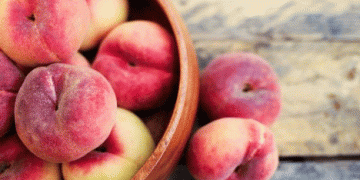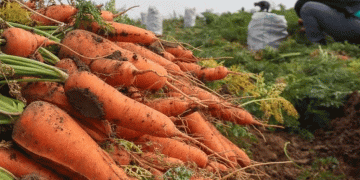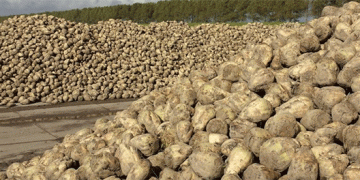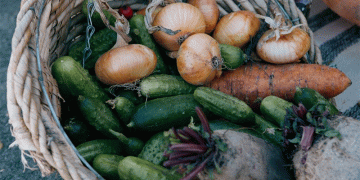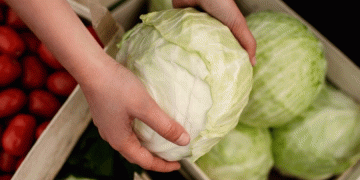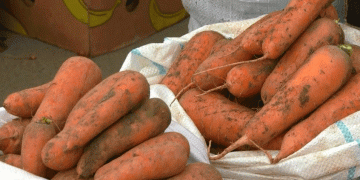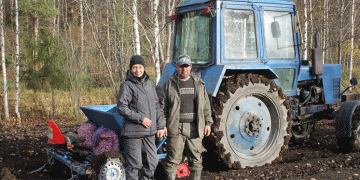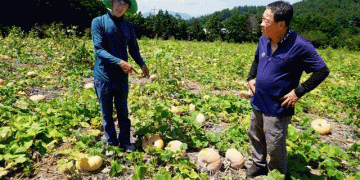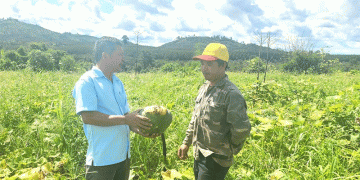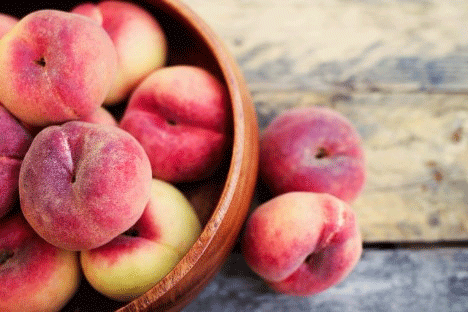Turkey, renowned for its diverse agricultural landscape, is on the brink of achieving a significant milestone in its fruit production sector. The U.S. Department of Agriculture (USDA) forecasts that the country’s peach and nectarine production will soar to 1.2 million tons during the 2024/25 season. This represents an impressive 11% increase compared to the previous season, driven largely by favorable weather conditions and ongoing modernization efforts in the sector.
One of the most remarkable developments in recent years has been the nearly doubled production of nectarines, spurred by rising consumer demand. Over the past five years, nectarines have gained popularity both domestically and internationally due to their appealing freshness and taste. This surge in demand has pushed Turkish growers to enhance their cultivation techniques, leading to greater yields.
The southern coastal province of Mersin has emerged as a key contributor to Turkey’s fruit production. Mersin’s advantageous climate and strategic location, offering logistical benefits for exports, have made it a hub for nectarine and peach farming. As a result, the province is expected to play a significant role in Turkey’s expanding fruit export market.
The Turkish government, alongside private sector investments, has focused on modernizing orchards, implementing advanced irrigation systems, and adopting sustainable farming practices. These improvements have not only increased productivity but also enhanced the quality of the fruit, making Turkish peaches and nectarines more competitive on the global market.
Domestic consumption of these fruits is also on the rise, driven by a growing awareness of their health benefits. At the same time, export opportunities continue to expand, particularly in Europe and the Middle East, where Turkish fruit is increasingly favored for its freshness and flavor.
